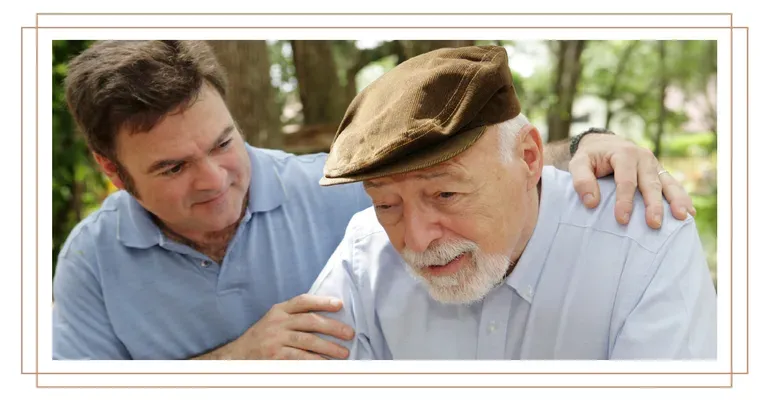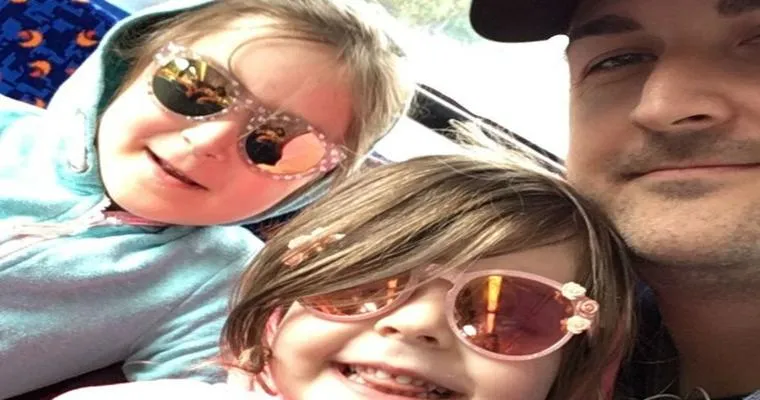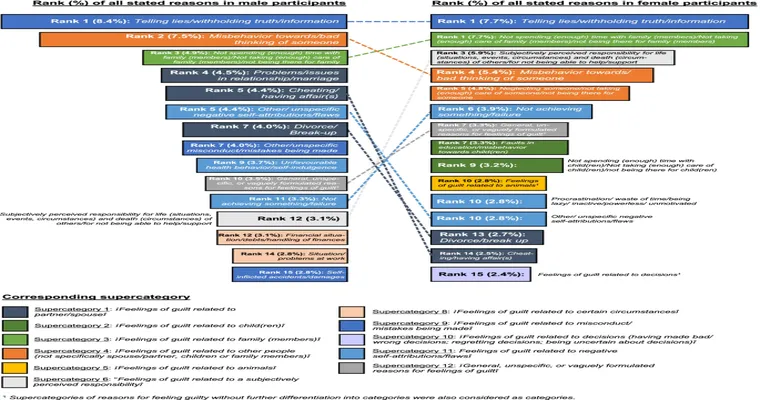Navigating the complexities of "caregiving" for an "aging parent" can be emotionally taxing, and when friends add pressure by trying to make you feel "guilty" about stepping back, it can become even more challenging. If you have found yourself in this situation, it is essential to understand your feelings, set boundaries, and communicate effectively with your friends. Here are some strategies to help you manage these relationships while prioritizing your well-being.
First, acknowledge your own feelings. It is perfectly normal to experience a mix of emotions when you transition away from being a "primary caregiver". You may feel relief, guilt, sadness, or even anxiety about the changes. Understanding that these feelings are valid will help you navigate conversations with your friends more confidently.
Next, establish clear boundaries with those friends who may not understand your decision. It is important to articulate why you are stepping back from the caregiving role. Whether it's due to "emotional exhaustion", personal commitments, or the need for your own self-care, sharing your perspective can help them understand your situation better. A simple statement such as, "I need to prioritize my own health and well-being right now," can set a firm but respectful boundary.
Additionally, educate your friends about the challenges of caregiving. Many people may not fully grasp what it entails to be a primary caregiver. By sharing your experiences, you can provide context that may lead them to be more empathetic. This can potentially reduce their attempts to make you feel guilty and foster more supportive discussions about your choices.
Another effective strategy is to redirect the focus of conversations. When friends bring up your change in caregiving status with guilt-inducing comments, try to steer the conversation towards more positive topics. Discuss your plans for self-care, your interests, or even how your aging parent is adapting to new support systems. This shift in dialogue can help reinforce that stepping back does not mean you are abandoning your responsibilities.
It is also important to surround yourself with supportive friends. Seek out those who understand your situation and can offer encouragement rather than guilt. Building a support network that respects your decisions will not only improve your emotional health but also provide you with the strength to deal with negative comments from others.
If friends continue to push their agenda, it may be necessary to limit your interactions with them. While this can be difficult, prioritizing relationships that uplift you is crucial. Remember that your mental health should come first, and it is okay to distance yourself from those who do not respect your boundaries.
Finally, consider seeking professional support. A therapist or counselor can provide guidance and coping strategies tailored to your situation. They can help you process feelings of guilt and anxiety, making it easier to deal with friends who may not understand your choices.
In conclusion, managing friendships while transitioning away from being a primary caregiver to an aging parent requires self-awareness, boundary-setting, and effective communication. By acknowledging your feelings, educating your friends, and surrounding yourself with supportive individuals, you can navigate this challenging period with greater ease. Remember, it is entirely acceptable to prioritize your own well-being, and you deserve friendships that reflect that understanding.





